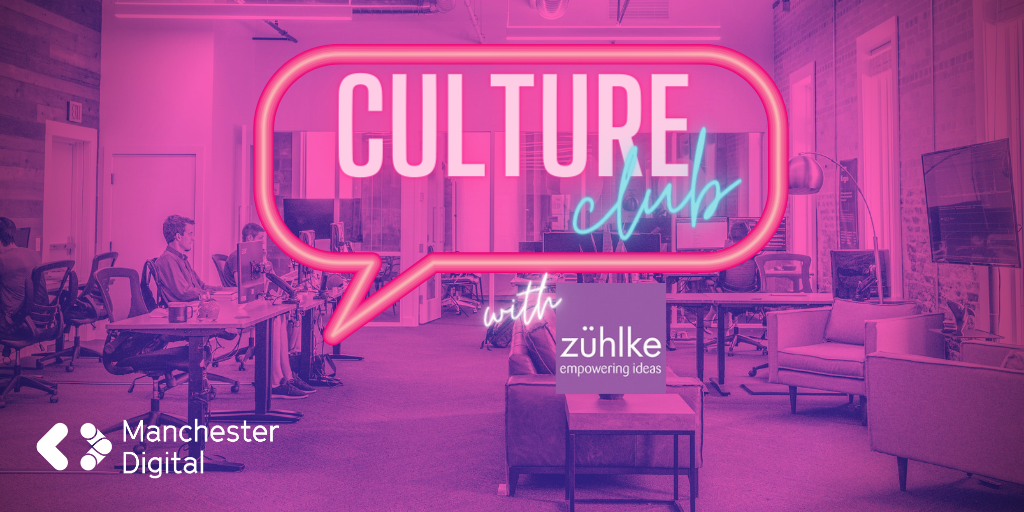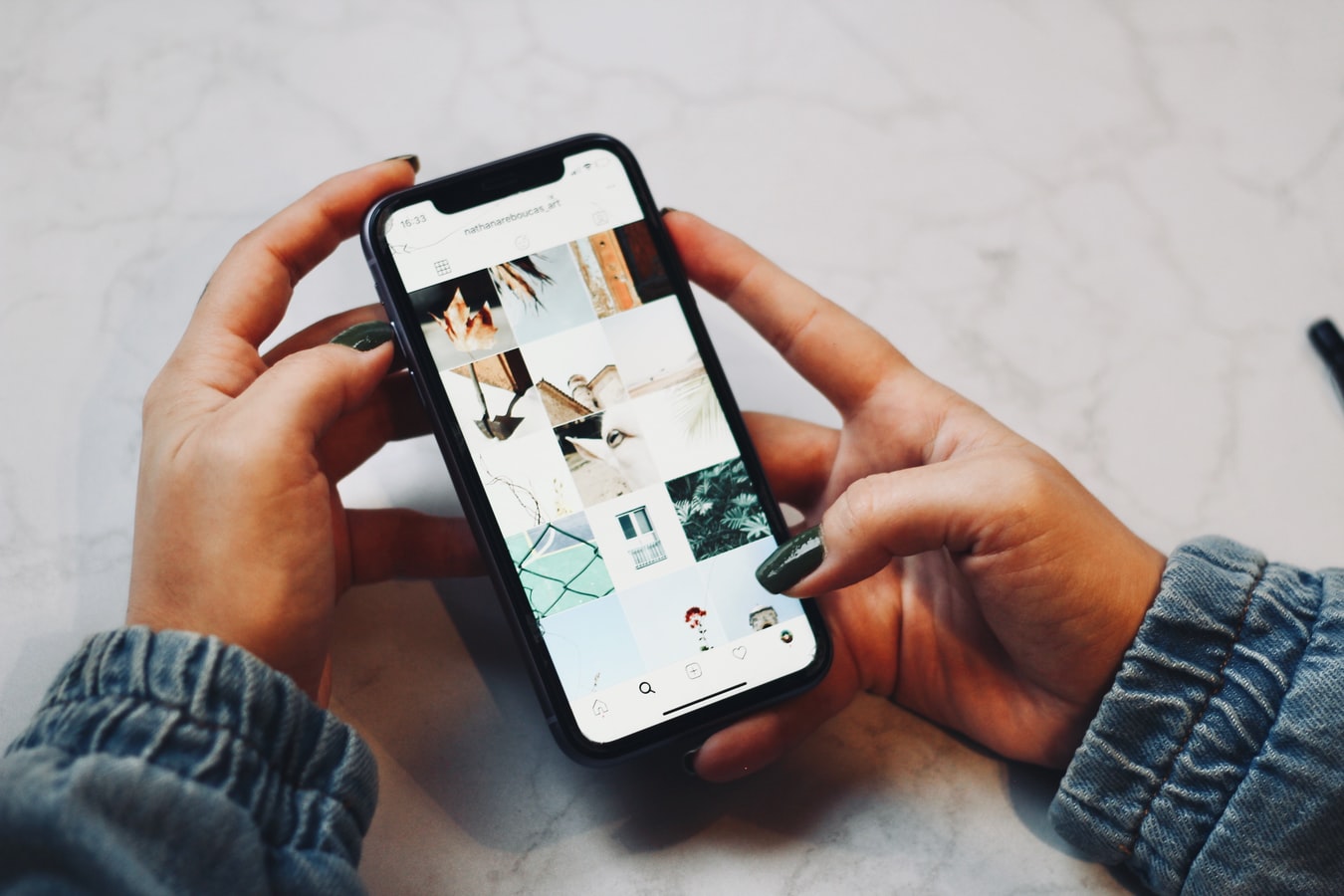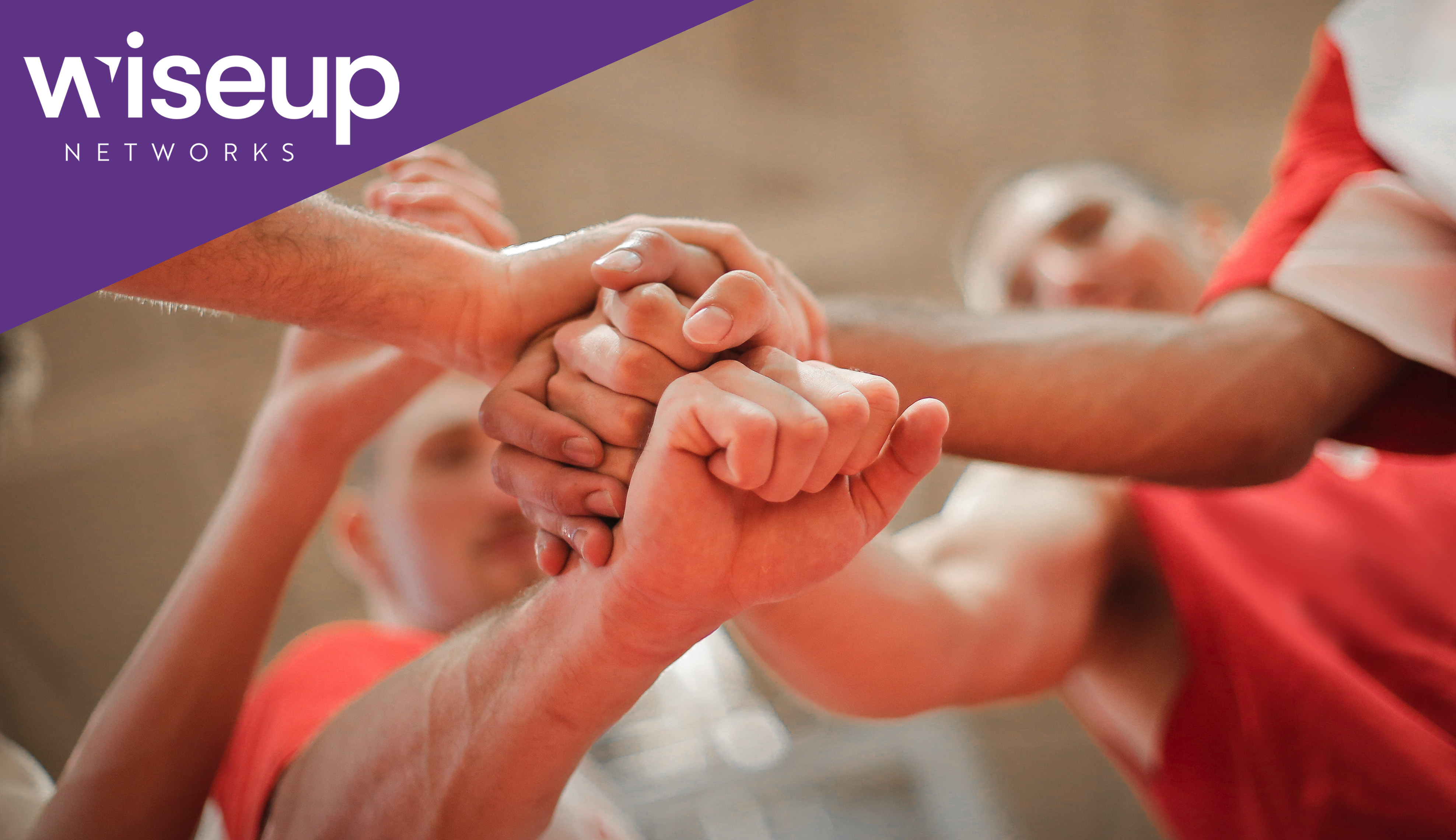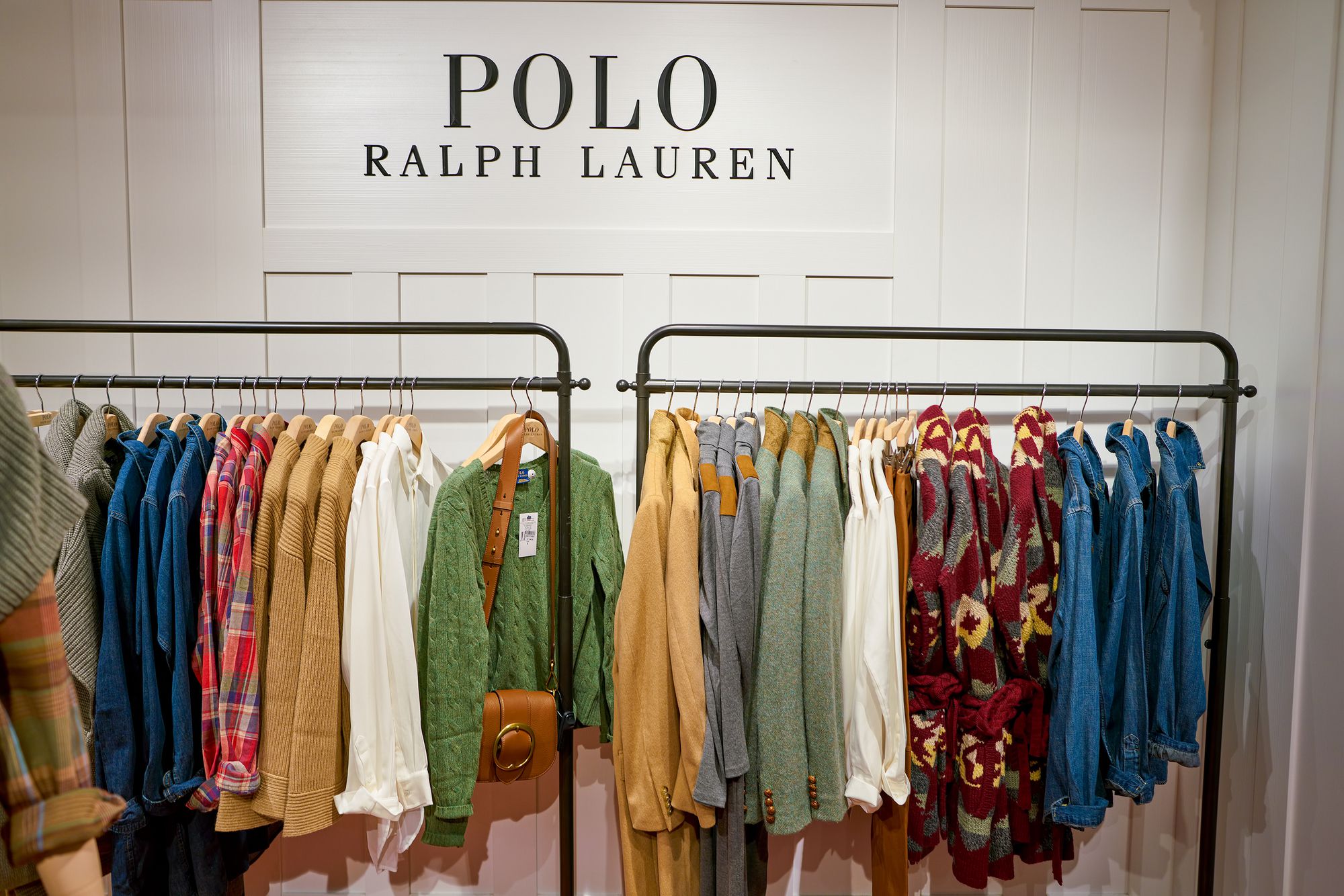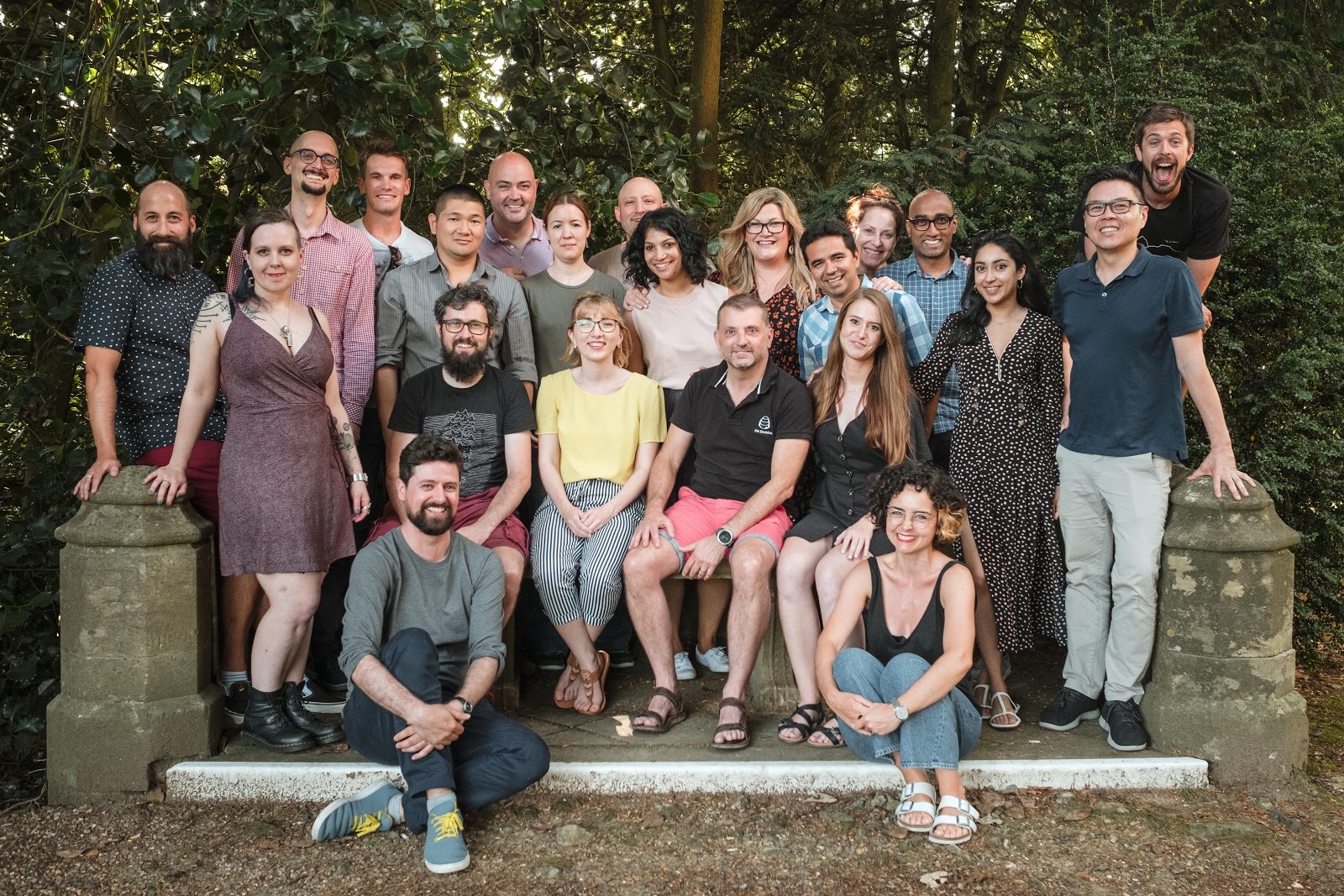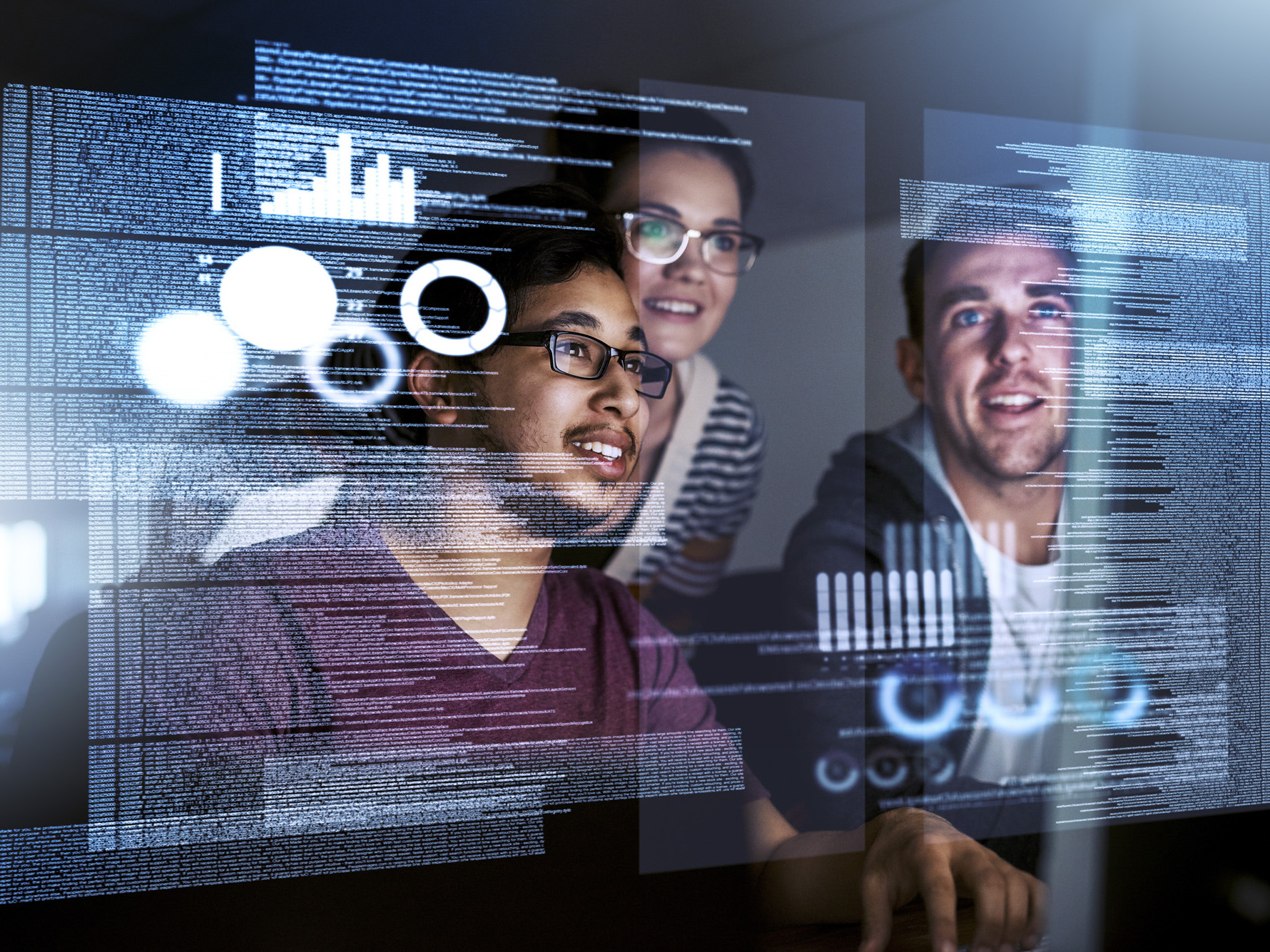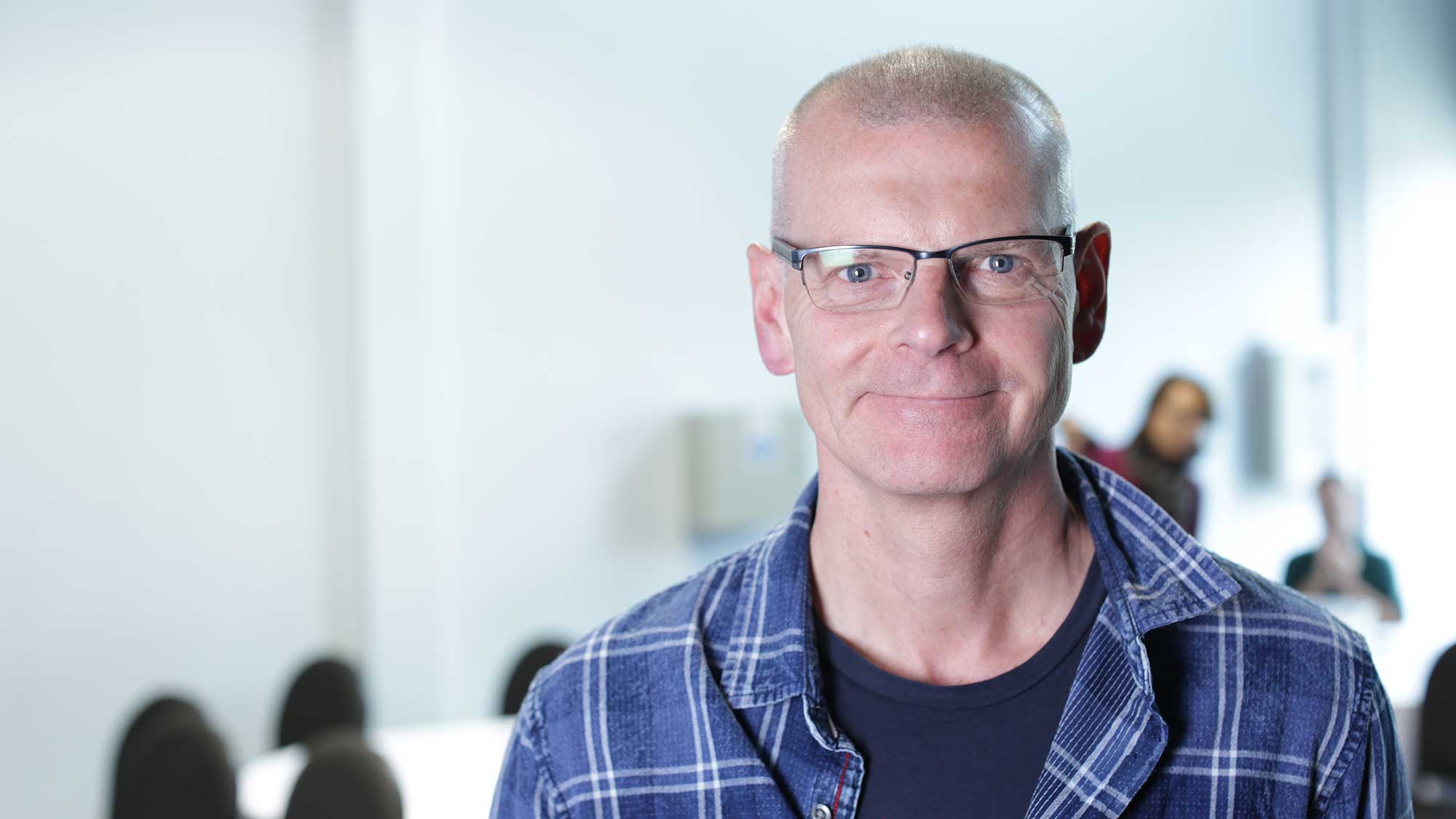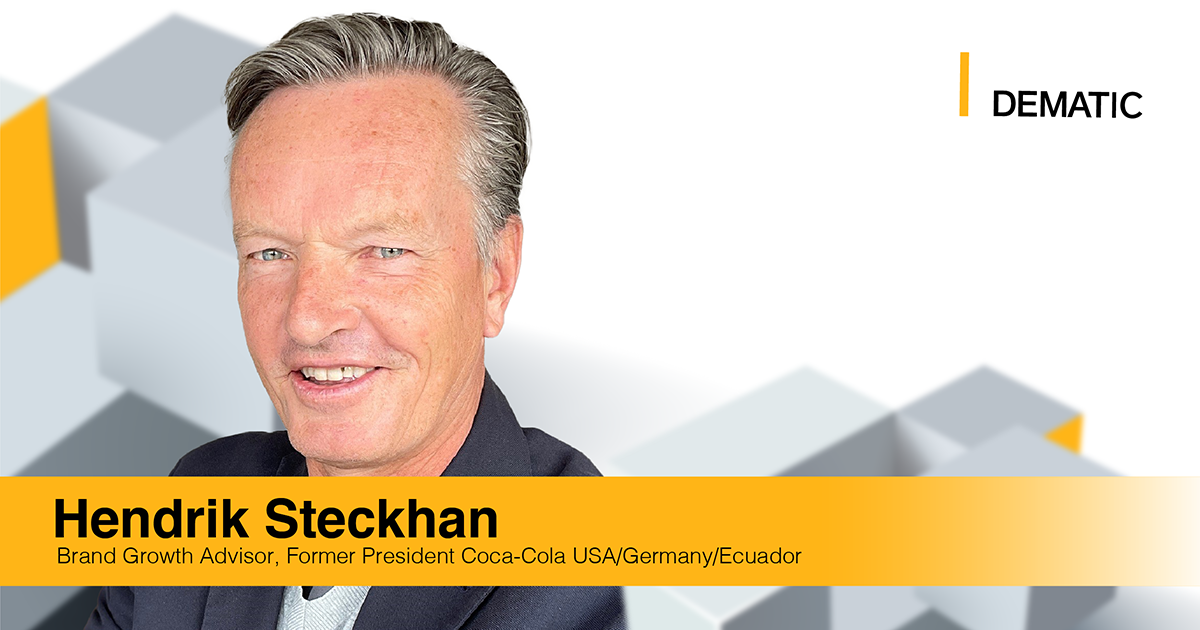
Steckhan is the former President/COO of Coca-Cola USA, Germany, Brazil for his experienced insights on the supply chain for food & beverage in general and its sustainable operation in particular.
In the interview, Steckhan shares his thoughts about meeting the challenges of feeding a growing world population while making sure to be the best stewards of its resources.
Watch the full video and read excerpts below.
Five Questions for Hendrik Steckhan
Dematic Connections: Tell us about your industry, the role you play within it, and any interesting projects you’re working on right now.
Steckhan: My passions lie in consumer brands, profitable growth and sustainability. I’m a former president and COO of the Coca Cola company for the US, Germany, and Brazil, among others. Currently one of my most fascinating engagements is with a company called Ubuntoo, a virtual collaboration platform for sustainability solutions. When you have a sustainability challenge to solve, you can join Ubuntoo and tap into literally thousands of solutions in their database, and hundreds.
Dematic Connections: What did you discuss on the MHLC 2021 panel that you participated in?
Steckhan: We started with how enormous the numbers are that relate to food sustainability. Think about that by 2050 we'll have added about 30% more population to this globe. And with it, there is an ascent into middle-class. As a consequence, we will have to make, produce, and distribute about 70% more food output than we do today, and we need to do it emissions-free and with double the efficiency and precision in water allocation.
Consumers, who are really the dictators of the journey, are on a pathway towards more sustainable consumption behaviour, but it's diverging. We have different meanings of sustainability to different consumers. What's animal welfare for one may be health for somebody else, or what’s water neutrality for one is not for somebody else. To satisfy this trend, food producers and retailers alongside with their supply chain partners will have to prepare the infrastructure and the processes for this growing complexity and diversity.
The pandemic’s stress on the supply chain has accelerated the need to collaborate more along the supply chain.
Dematic Connections: The global food supply chain has experienced some major disruptions over the past two years. Which companies were best prepared to manage these disruptions and why?
Steckhan: The company that was in a position before the pandemic where its portfolio of products and services was skewed towards home consumption, then that business was clearly more “lock down safe,” so to speak. For instance, PepsiCo also owns Frito-Lay and has half of its revenue or more coming from products that are typically consumed at home. That was an important determinant of the companies that came through this well so far, and those that didn't.
Perhaps more importantly, companies were better off when their supply chain had a high degree of flexibility. For instance, if you were a baker of hamburger buns for restaurants, your business shut down practically overnight when the pandemic started. If you had the data, the managerial muscle, the culture, and the infrastructure to shift from supplying restaurants to consumer household-friendly packaging, you came out successful.
Dematic Connections: How can this disruption be turned into an opportunity, and can you provide any examples of food and beverage companies that are already taking advantage of these opportunities?
Steckhan: The pandemic’s stress on the supply chain has accelerated the need to collaborate more along the supply chain. That's about sharing data, but it's also about finding more holistic solutions. When you are in warehousing and logistics, you have tremendous opportunities to reach out to the brand owners — typically manufacturers and retailers — and offer your know-how to be integrated early on in their innovation processes.
I can tell you that through my tracking of developments across large corporations (including Nestle, Unilever, and Coca Cola), the outreach that's happening right now is wider than it's ever been before. There’s tremendous opportunity out there for the taking.
Consumers oftentimes don’t do what they tell you they will do, and sustainability means very different things to different people — this adds to the complexity for manufacturers and supply chain participants.
Dematic Connections: What role is automation playing in helping food and beverage companies manage current challenges and plan for the future?
Steckhan: If sustainability is the precision and efficiency of resource allocation, then automation, by definition, can play a very large role. For that to happen, the automation must be adaptable to evolving consumer trends and leverage emerging and rapidly growing capabilities (for example, the Internet of Things or artificial intelligence). That's where I think the challenges of the future will be met.
